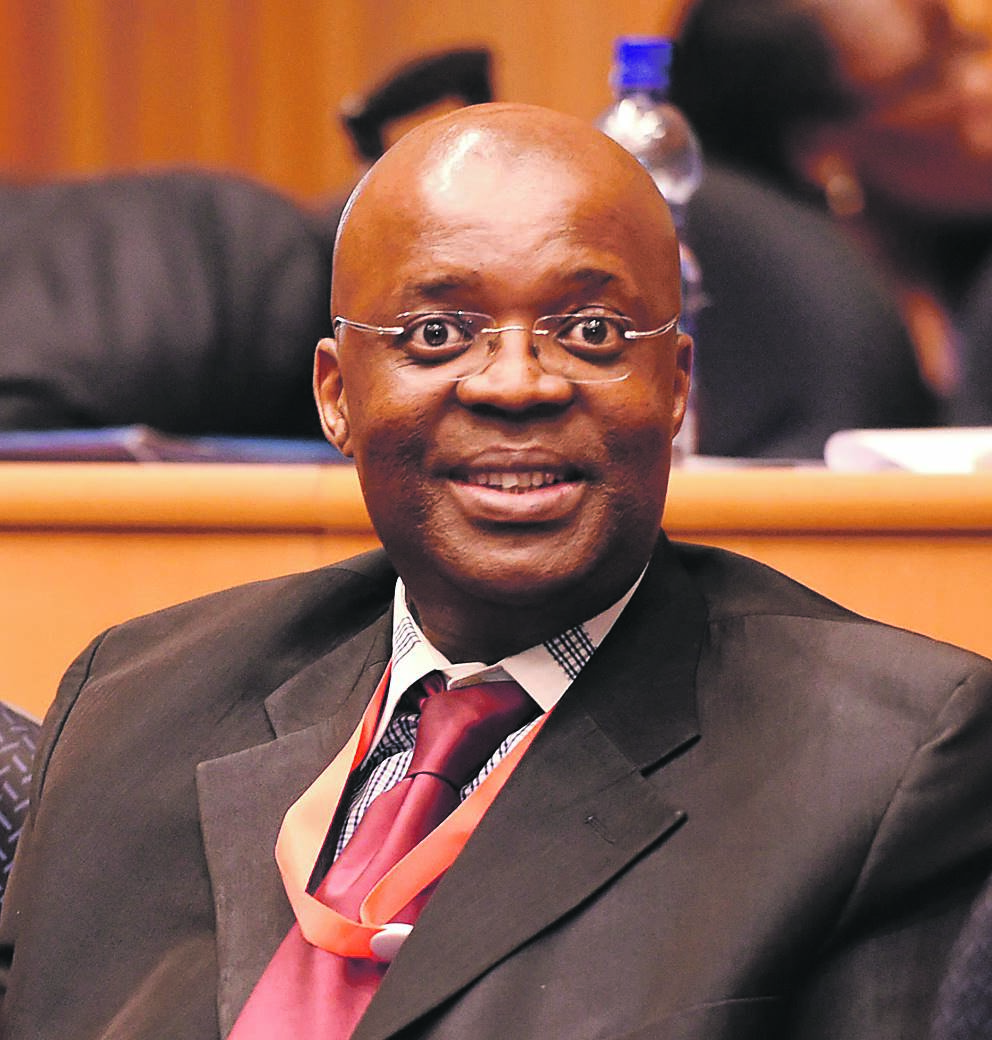
When Africa entered the era of multiparty politics, post-1990, this was a major step away from the “lost decade” of the 1980s, which was punctuated by military coups and high incidents of political instability and violence. Elections are a mechanism through which a multiparty system facilitates the involvement of people in deciding who and which party should govern.
Africa is yet to complete its post-1990 political transition to a new democratic order, predicated on soccer-style rules of “fair play” for healthy and vibrant multiparty politics. At the macro-regional level, there is progress to be proud of.
From the late 1990s the continent has outlawed coups and other forms of unconstitutional takeovers of state power.
A doctrine of what is known as “shared values” has evolved, anchored on the general acceptances of respect for the rule of law, the promotion of human rights, and adherence to democracy and good governance.
Within countries the necessity for the establishment of institutions and the regulatory environment to enable and support the domestication of “shared values” is not in dispute.
At micro level, there is, however, a challenge in what one could call “transition within regimes” and “transition between regimes”. The former happens in dominant party systems.
The ANC has faced its own difficulties in the succession from one leader to the next within the same political regime or party.
Since the days of the Polokwane national conference of 2007 the ruling party has moved from one crisis to another in deciding on leadership succession within its ranks.
In the process it not only shed a chunk of its popular support in the electorate, but it also created splinter groups, Congress of the People and the EFF, which now together enjoy close to 15% of the national vote.
Because of its dominance in society, the ANC’s internal crisis has become a national crisis.
Crisis in transition between regimes is most common when an incumbent refuses to concede defeat in an election and hand over the reins of power to the victor.
Nigeria became a role model when Goodluck Jonathan of the People’s Democratic Party handed over power to the president and leader of the All Progressives Congress, Muhammadu Buhari, without a quarrel.
Not far away, in Ghana, the same, smooth political transition from a ruling party to the opposition is the norm. In other cases, a political stalemate would follow an election as the courts were called upon by an aggrieved loser to rule on the credibility of the outcome. Kenya had to rerun its own election.
Other countries would go for months without a Cabinet, waiting for the judges to conclude their tedious and slow judicial process. Meanwhile, the nation would be tense, with anxiety everywhere and the risk of political instability looming over the country.
What needs to be done? The crisis of “transition within regimes” can be mitigated by political reforms within the dominant party. In the case of the ANC, the party must find a better mechanism for managing leadership succession.
This might necessitate revisiting the fundamentals of its party structures, particularly the role of party branches and its founding statutes.
The state capture phenomenon, which affected ANC performance in governance, is just a symptom of the difficulties the party has in managing leadership issues internally, including dealing with questions such as the deployment of its members to state institutions and consequential management for poor performance by a cadre.
The party decides on these leadership issues on a deeply entrenched factional basis and this has cost it dearly.
The crisis of “transition between regimes” is a national problem among the leaders due to weak institutional arrangements and loopholes in the regulatory environment. Without addressing these there will always be disputes among them on the quantity (frequency) and quality (the freeness and fairness) of elections.
Political will is a big factor – the courage for a leader to accept the outcome of an election even if it means conceding defeat and the humility of picking up one’s phone to congratulate the opponent.
When political leaders cannot decide among themselves in transitions within and between regimes, the army has shown that it can always intervene. Post-1990 we have been successful in confining the army to the barracks.
We should not give it the reason to re-enter politics or play the mediator.
The African Union has a big role to play. It establishes the parameters for countries to promote and encourage good practice. The “shared values” doctrine is a good example. They must be domesticated by countries.
One good practice here is to emulate Fifa’s “fair play” rule. I must be able to congratulate Sundowns for its victory without anger and feeling less of a Pirates’ supporter.
Maloka is the CEO of the African Peer Review Mechanism




 Publications
Publications
 Partners
Partners








